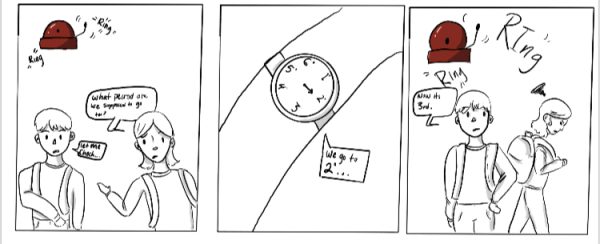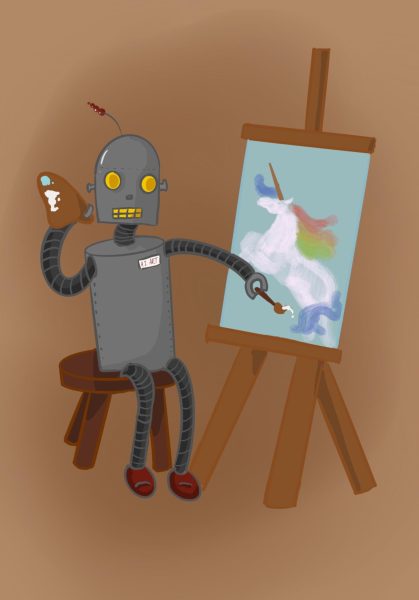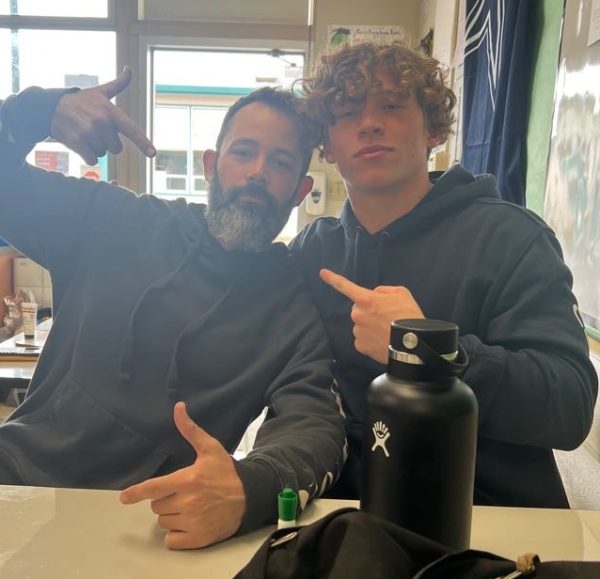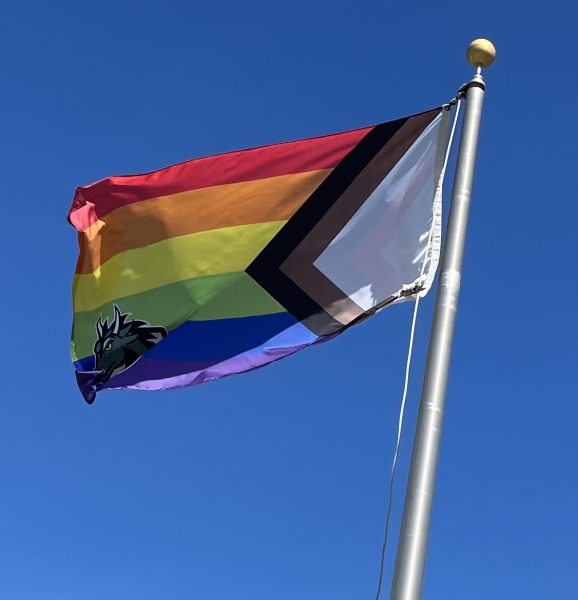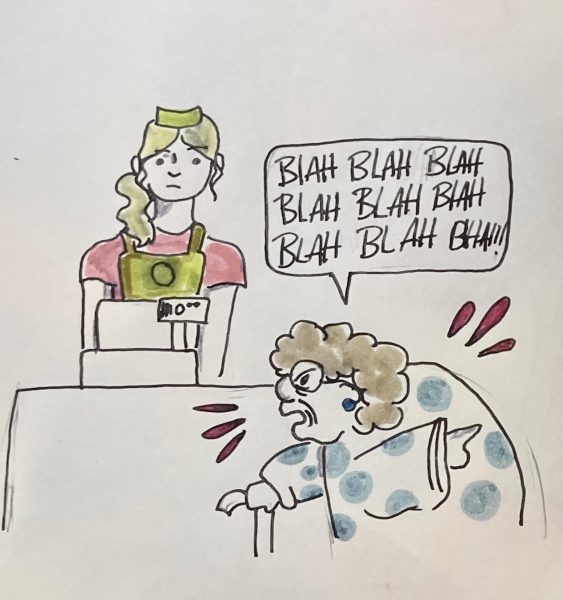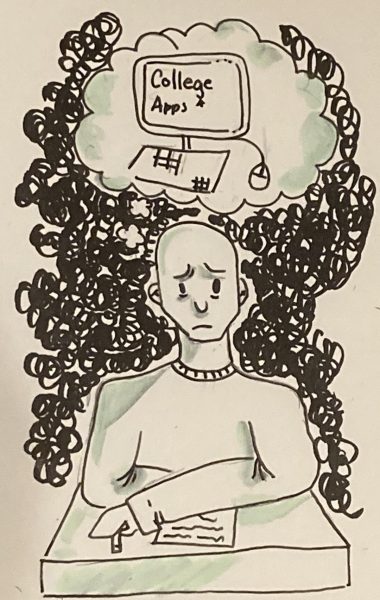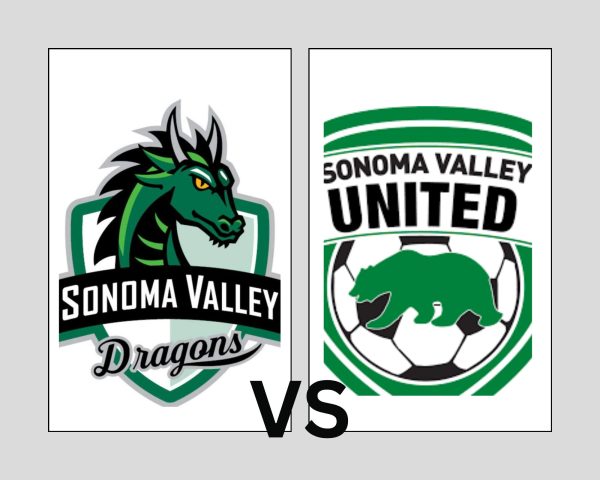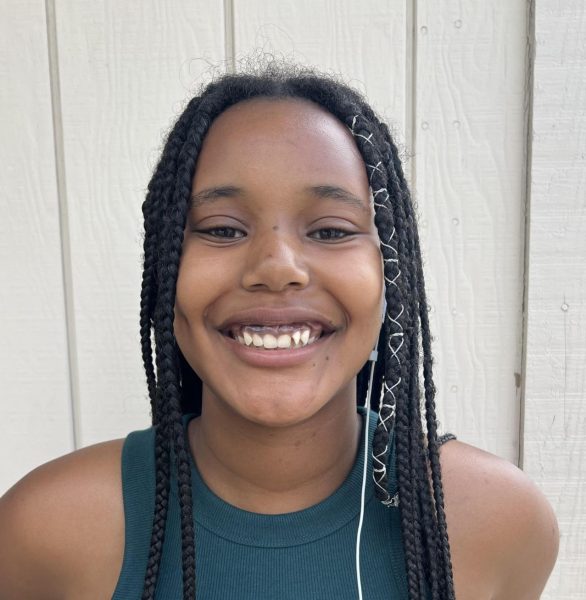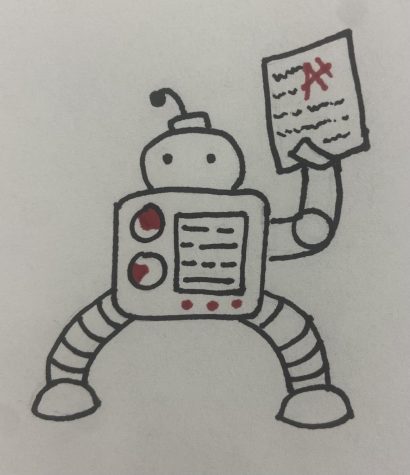The Importance Of The First Amendment
Without the First Amendment: the right given to every citizen to use their voice freely, America would not be the land of the free. The United States would be a country in which members of minority groups would not be safe, nobody in any demographic could freely share their thoughts and concerns, and the government would have citizens living blindly to all issues. The First Amendment gives people this right to speak their mind without fear of being in danger. In addition, the press in the United States is free from censorship, allowing all publications from a school newspaper to the biggest paper in the nation to talk about anything and everything as long as they have the facts to back it up.
Still, this value possessed by the First Amendment is quite often jeopardized by a trend of masking the truth to prevent the upheaval of political tensions: “President Trump… is the primary contestant, testing every aspect of free speech, beginning with the importance of the truth,” claims Murray Dry in his article “The First Amendment Freedoms, Civil Peace and the Quest for Truth.”
In the present climate of heightened political tension, the First Amendment is arguably more important than it has ever been. With movements such as the #MeToo Movement and the Transgender Rights Movement taking the forefront of the political and social stage, freedom of speech has played a vital role in the education on these topics and promotion of the value of human rights, which seems to have been ignored. Without freedom of speech and freedom of the press, those who feel deeply affected by these issues on either side of the political spectrum would not be able to share their thoughts and concerns, creating a political climate dominated solely by government beliefs. It’s vital that these stresses are taken into account by the government, as in these cases, and many more, minorities not represented in the Senate and the House of Representatives should have a voice.
Fear has taken a lead role in government portrayal of events to the people. Giving members of American society the ability to freely express these fears as well as solutions to social injustices highlights the values the First Amendment was founded upon centuries ago. With freedom of expression, the government is thus held accountable for taking the fears of the nation into account when making important economic, political, or social decisions. This responsibility enforced by this amendment clearly portrays its importance in American culture and maintaining a democratic society.
In the wake of a political uproar, Patel acknowledged that Kavanaugh’s victory “will not only become a decisive vote on cases shaping the future of administrative agencies, religious liberties, gun and abortion rights, and environmental protections, he will also be joining a court whose conservative majority has redefined the First Amendment, making it a powerful deregulatory tool—a process Kavanaugh is poised to accelerate” (Patel). With the confirmation of Judge Kavanaugh came the brutal realization that although expression is a right given to all citizens, the government has the full capability of overlooking statements such as the statement Dr. Ford gave in her hearing in late September, or falsifying information to ensure that the public remains subdued. Further, “[Trump] has undermined the purpose of the institution whose role in reporting facts, disproving falsehoods, and holding the government accountable is anchored in the First Amendment…He governs through Twitter as if it gave him license to conjure up his own reality” (Stress Test). The current president uses a social media platform designed to accentuate the First Amendment’s gift of freedom of expression to create fake news and paint his political foes in the image of villains, rather than setting an example for the nation as to how one should conduct oneself when using their constitutional rights. He uses this platform to subdue his opponents and rile up his supporters, giving him a leg up in the perpetual political race leading up to the midterms; however, he also incites riot and anger in the majority of American people who view his free expression as unprofessional and childish: breaking libel laws.


